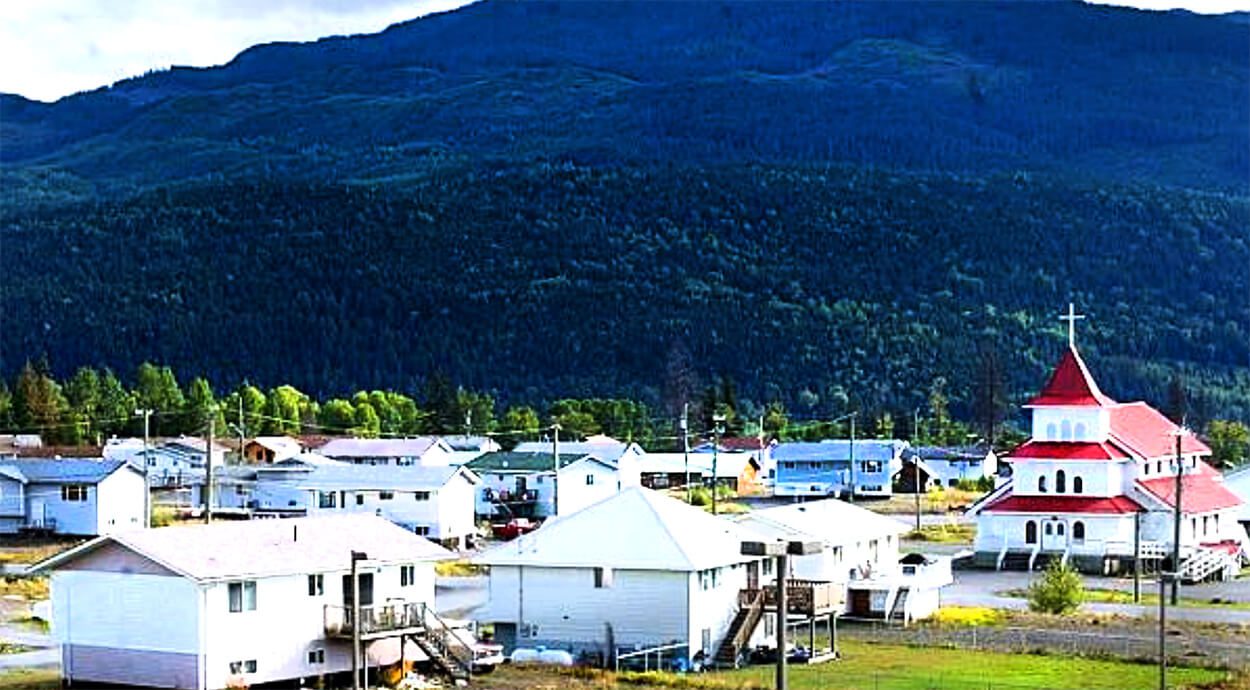 Given the ongoing coronavirus, it is vital, in this instance, that the country work with Indigenous communities to ensure they are protected and supported, writes Ken Coates.
Given the ongoing coronavirus, it is vital, in this instance, that the country work with Indigenous communities to ensure they are protected and supported, writes Ken Coates.
By Ken Coates, March 20, 2020
Canadians are rightly worried about the coronavirus, perhaps the most serious public health threat to hit this country in decades.
Social distancing is commonplace. Thousands of workplaces have shut down. The economy is being hit hard. International travel has been halted, with the prospect of future restrictions on movement. But of all people in the country, Indigenous communities are perhaps most concerned about the spread of COVID-19.
Indigenous anxiety is rooted partially in history. From the initial arrival of newcomers to North America, Indigenous peoples suffered grievously from the importation of new diseases. By some measures, their population declined by as much as 90 percent before the early 20th century, tragedies that are well-remembered by the First Nations, Metis and Inuit.
And there are good reasons to be nervous. Over-crowding in Indigenous houses has been at critical levels for decades; the government’s response has been insufficient. These inadequate homes can often function as breeding grounds for disease. At a time when governments are encouraging social distancing, Indigenous peoples live in close proximity, adding to the chance of infection and the spread of disease.
And that is just the start of the problems. Remote communities have limited access to medical professionals and lack emergency medical facilities in their communities to cope with substantial outbreaks of disease. Add to this list the serious, nation-wide challenges with Indigenous food security and poor nutrition, which are standard manifestations of poverty. The concerns of Indigenous leaders make a great deal of sense.
Collectively, the situation facing many Indigenous communities is worrisome in the extreme. The number of cases involving Indigenous peoples in remote regions has so far thankfully been small and, to date, contained. But these same communities are much at risk and, despite the best of intentions on the part of local governments and the Government of Canada, preparations are far from adequate.
Importantly, many Indigenous communities are not waiting for others to look after the problem. The case of the Pasqua First Nation is instructive. Chief Matthew Peigan identified the threat of the coronavirus in early January, responding quickly to the initial stories out of China. The Chief ordered in emergency supplies and laid out a community strategy for responding to a potential outbreak. The First Nation anticipated a crisis over a month before provincial and federal governments and prepared the community accordingly.
Other Indigenous governments are not waiting for the disease to hit before acting. Northern communities, including across Nunavut and Nunatsiavut (Labrador) and in other remote locations, are worried about both the spread of disease and the potential demand on limited resources, and so have asked travellers to stay away.
Several communities, particularly in British Columbia, have blocked access for outsiders, while urging members to come back home. Peaceful blockades have not yet met pushback from travellers. Some remote communities encouraged the closure of nearby mining operations to protect residents. Regional organizations, such as the Federation of Sovereign Indigenous Nations in Saskatchewan, have declared a state of emergency and are coordinating local oversight and regional preparation.
Disasters provide a formidable test of a society’s capacity to look after its citizens. To this point, the nation’s response has been respectable. Everyone looking at Indigenous communities and the coronavirus, however, remains anxious, particularly because responding quickly to meet urgent needs has never been a characteristic of Canada’s approach to Indigenous policy.
It is vital, in this instance, that the country work with Indigenous communities to ensure they are protected and supported. Debates about reconciliation fade in the face of a potentially catastrophic outbreak of disease. But it is here, on the frontlines of a pandemic, that Canada and Indigenous peoples will discover if the rhetoric of the past two decades has been replaced with a national determination to meet the urgent needs of Indigenous communities.
Ken Coates is a Munk senior fellow at the Macdonald-Laurier Institute.




